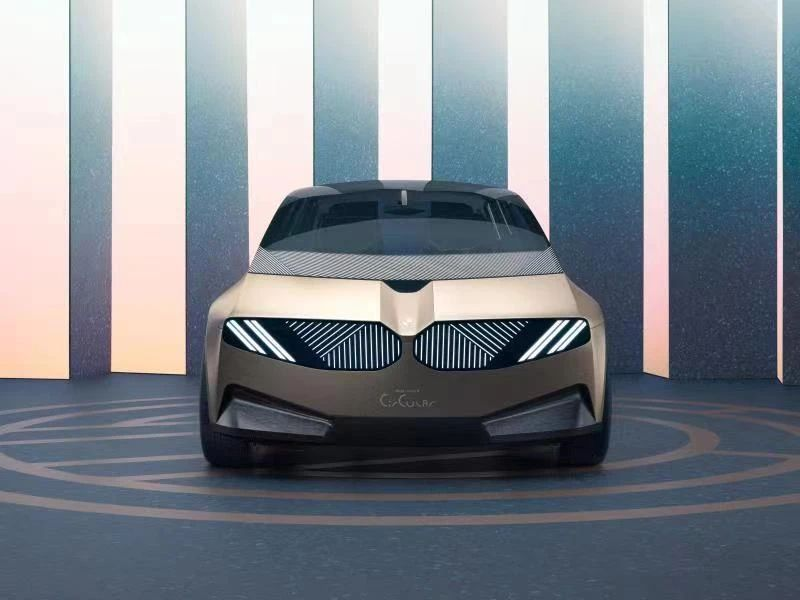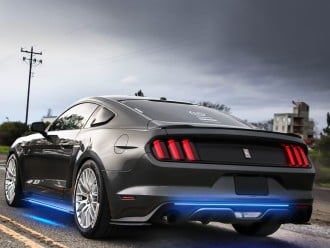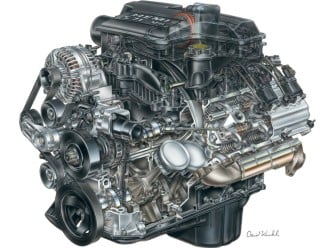ECCPP Information, September News from Frankfurt "shifted" to Munich, the first Munich Auto Show "new energy" breath is more intense. Under the increasingly stringent carbon emission requirements in Europe, the speed of advancing the electrification strategy of auto companies has also been further accelerated.
As a global luxury brand car company, BMW is also the first German car company to join the "1.5°C temperature control target action". This means that BMW has made a commitment to achieve net-zero emissions by 2050 and is committed to achieving a carbon neutral value chain. And the goal.
And BMW has formulated a series of plans to support its "ambitions." BMW aims to exceed 1 million new energy vehicle sales this year, and complete the delivery of the 10 millionth pure electric vehicle in the next 10 years. By 2030, BMW expects that half of the vehicles produced globally will be pure electric vehicles. By then, the MINI brand will also be fully electric.

To achieve net-zero emissions, BMW is not simply expanding the lineup of electric models, but paying more attention to energy saving, emission reduction and recycling in the vehicle life cycle to achieve a sustainable travel experience. Therefore, at this Munich Motor Show, BMW, which is in the "home field", made the world's first BMW i cycle concept car. This concept car achieves 100% use of recycled materials and 100% recyclability, which can be regarded as the world's "greenest electric car".
The new concept car is subverting from the bottom
Affected by electrification and digitization, the appearance and interior design of new models of auto companies have undergone great changes compared to the past. However, in addition to the styling, the materials used for most models still follow the traditional model construction ideas.

The BMW i cycle concept car started from the ground floor and began a disruptive change. On this model, there is no chrome plating, no frame, no traditional columnar design, and no large screen inside the car. If it weren't for the vehicle to actually run after it started, I believe many people would regard this model as a work of art that expresses a certain advanced concept.
This is exactly the unique charm of this model built on the principle of circular design. Not only are there digital interfaces around the periphery of the vehicle to realize information display and interaction, but all materials are not only recyclable, but also easy to disassemble. Even this model does not need to be painted, and even the BMW logo is presented in a polished manner without an additional installation.
The classic instrument panel inside the car is replaced by a prominent geometric element with great visual impact-this sculptural instrument panel is considered a new generation of "phygital" user interface. The middle part of the dashboard is composed of 3D printed crystals, and the decorative lines in the middle are like neurons, interacting with the user, making the vehicle's "thought flow" clearly visible, and all showing the vehicle's digital intelligence.
It is worth mentioning that for this BMW concept car, the rim, seat and dashboard can be easily disassembled into various parts with only a socket wrench. The dismantling process is supported by artificial intelligence, based on the digital vehicle archive-digital twin, all installation materials on the vehicle are clearly recorded. It is convenient to accurately identify each component and make it enter the corresponding material circulation process.

Recyclable will become the new cornerstone of BMW
The minimalist design of the BMW i cycle concept car did not make the positioning of the BMW luxury brand "lost". Rather, it depicts a modern travel tool that is futuristic, cutting-edge intelligent, digitized, luxurious, and environmentally friendly in the future smart city.
BMW Group Chairman Ziptzer said: “The BMW i cycle concept car demonstrates the comprehensive and detailed thinking of the BMW Group in terms of sustainable mobility. Today’s concept car is not an outlook for the new generation models, but its Sustainability and recycling concepts will definitely run through it."
Therefore, behind the 100% recyclability of the BMW i cycle concept car, the BMW Group puts forward the four guiding principles of “rethinking, further reducing, reusing, and reclaiming” based on the circular economy, which will be the future route of BMW and the automotive industry. The development direction of the company proposes a new way of thinking. The circular design will also become the new cornerstone of BMW's "new generation" models following digitalization and electrification.

At this Munich Auto Show, BMW released the BMW i cycle concept car is of great significance. It is not just a new model for the future, but also a promise made by BMW. Compared with other car companies launching electric models on a large scale in order to reduce carbon emissions, BMW is obviously going further in concept. The sustainability that is gradually leading under BMW's circular economy will also become the new label of the BMW brand.








